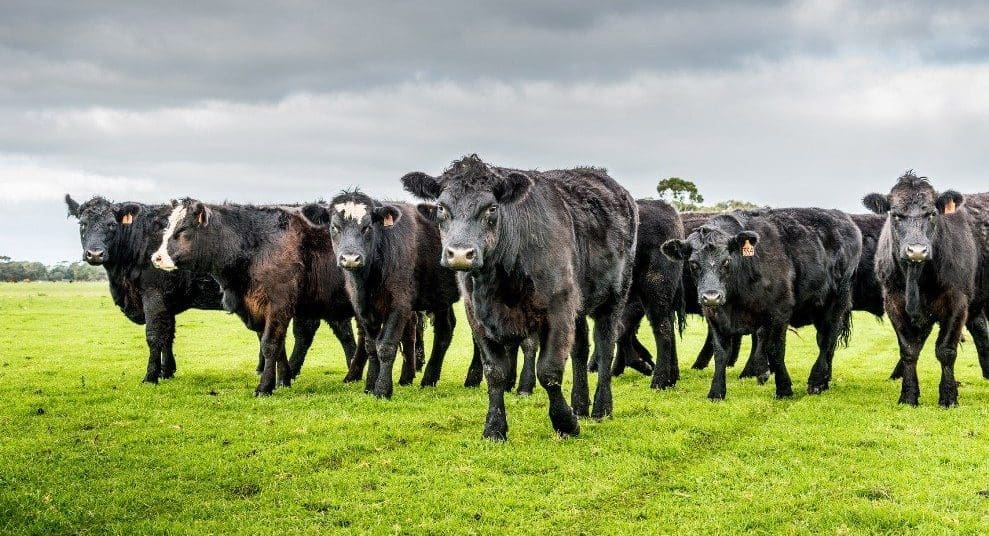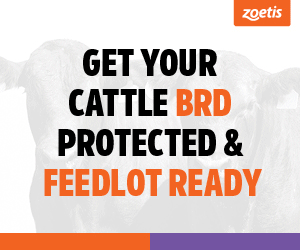
MEAT & Livestock Australia is sticking to its commitment for the industry to be carbon-neutral by 2030, stakeholders tuned in to yesterday’s industry service delivery company annual general meeting were told.
In August this year, newly-formed grassfed sector peak council Cattle Australia called for a review of MLA’s CN30 policy, suggesting the industry needed a ‘modernised’ climate policy built around a focus on climate neutrality, rather than carbon neutrality.
Climate neutrality is the point where the industry would no longer have a negative impact on the planet’s temperature.
Some stakeholders had anticipated that MLA might take yesterday’s AGM as an opportunity to ‘re-set’ its carbon objectives, which took the entire industry by complete surprise when first pledged by former managing director Richard Norton at the 2017 AGM.
“We heard earlier today (a reference to MLA’s Update forum held yesterday in Bendigo) about the size of the investment, some $140 million so far as part of the CN30 initiative, and plans for significant further investment over the next few years,” managing director Jason Strong said.
“Much more will be required, but we can see that the industry is making progress,” he said.
The industry has lowered GHG emissions by 64.8pc since the 2005 baseline year, while current annual emissions have dropped from 145 million tonnes to 51 million tonnes. This meant the industry’s contribution to the national emissions inventory has dropped from 22pc in 2005 to 10.3pc in 2020.
 “Carbon neutrality should not, and does not, need to come at the cost of livestock numbers or productivity,” Mr Strong said.
“Carbon neutrality should not, and does not, need to come at the cost of livestock numbers or productivity,” Mr Strong said.
“CN30 is very much about building on-farm productivity and inter-generational sustainability, as it is about achieving net zero emissions from the red meat production system.
He said it was important to remember that, because the industry had been so pro-active and progressive in this space, it had allowed industry investments to be very much productivity-driven.
“Regardless of our view about CN30 specifically, or what it is that should, or shouldn’t be done along that journey (perceived by some stakeholders to be reference to the ‘climate neutral’ option), the investments we’ve been making to date are very much also connected to the productivity of our industry. It’s important to look at those two things at the same time.”
Mr Strong said the industry journey towards CN30 from here was ‘very exciting.’
“The opportunity is there for us to be profitable and productive, have inter-generational sustainability, and leave the environment in better shape than what we found it in,” he said.
